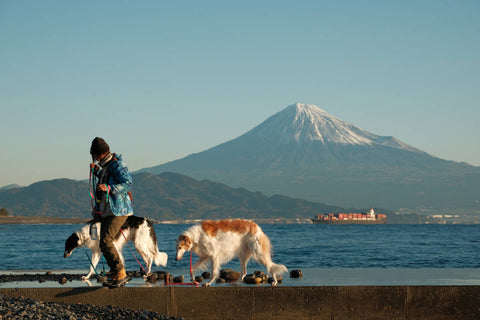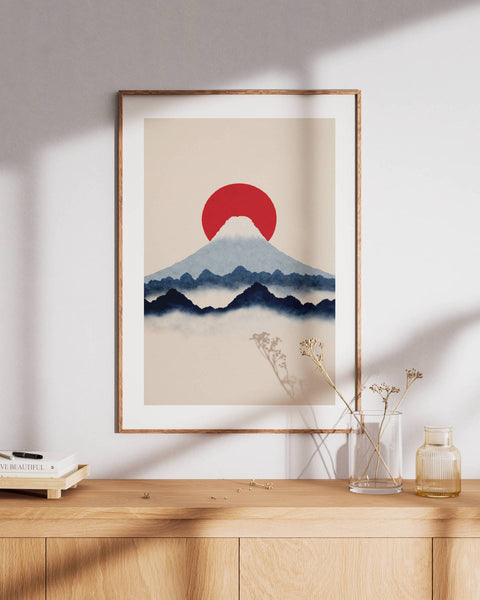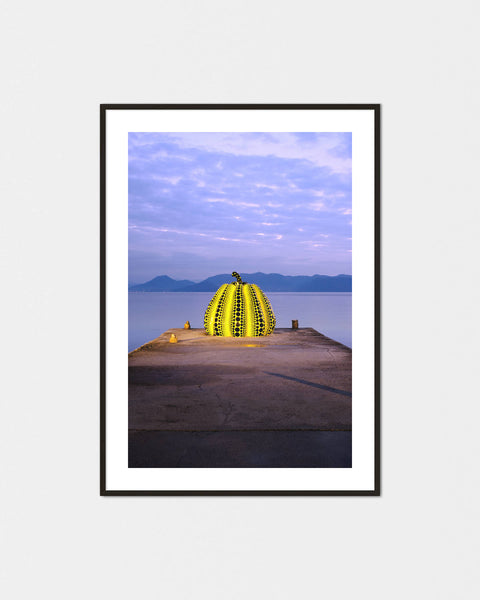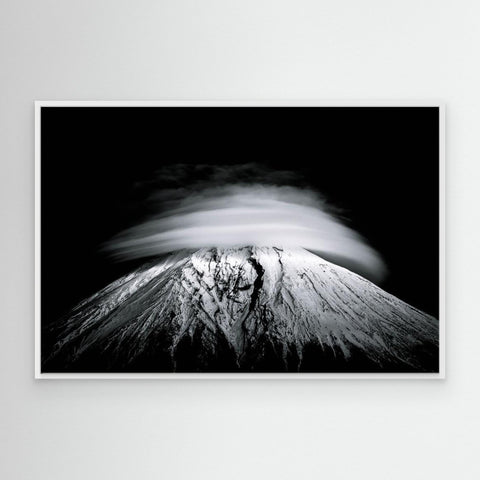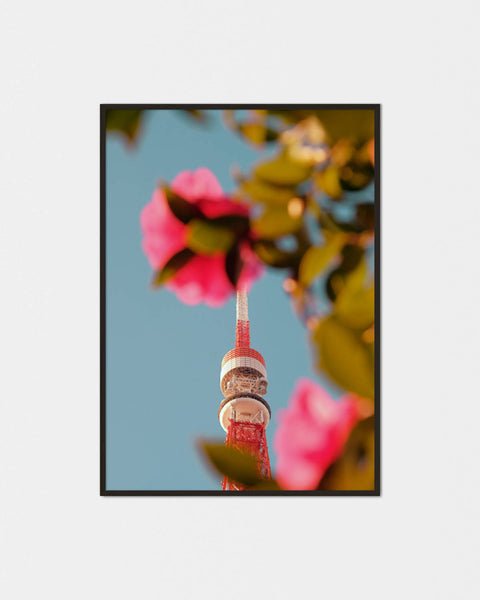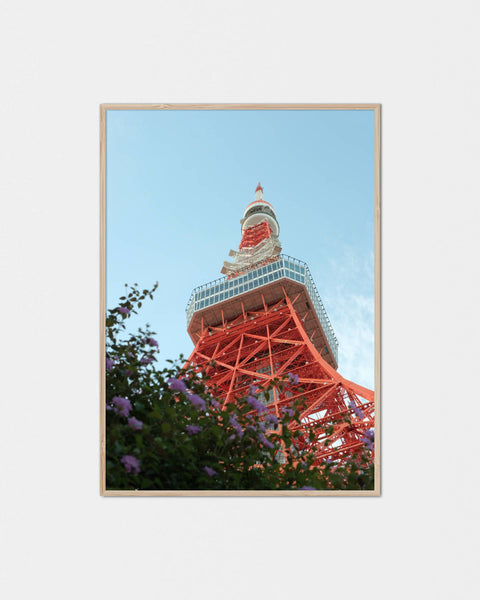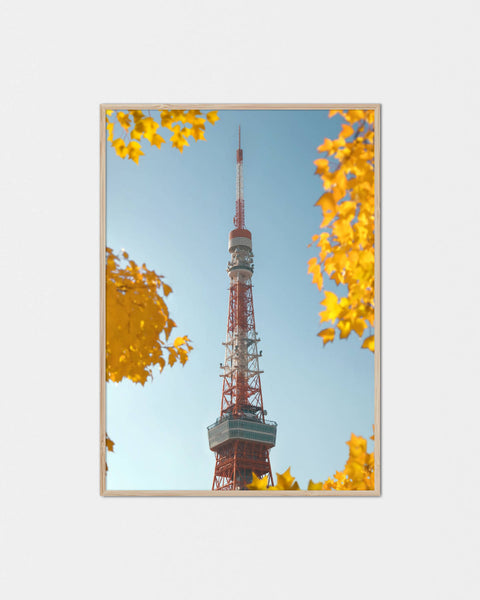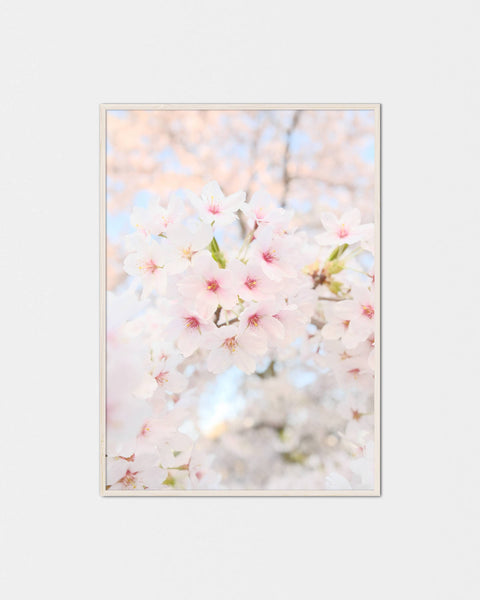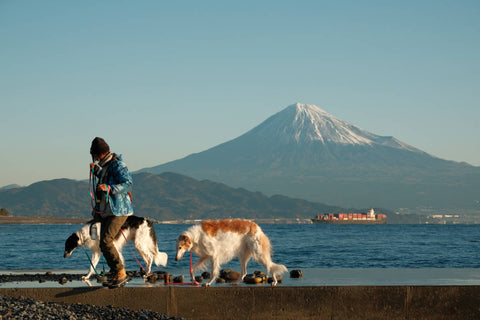It's easy to understand why travelers want to see as much as possible when they come to Japan. The question is, how do I plan for a lifetime experience to make my dreams come true? And, at the same time, enjoy Japan's culture in the best way possible, traveling from A to B conveniently and adventurously.
Having traveled around the country for years as a foreigner, I can understand how it can be challenging to manage everything and to move around without getting lost — especially when you're in a hurry and have a lot of things on your schedule.
Of course, everyone has different preferences, budgets, and available time, so there is no right or wrong answer to how to travel Japan best. Nevertheless, I hope you find this article helpful in asking yourself the right questions for finding the best way to explore Japan. Also, we'll give you some tips so that you can prepare for your arrival in Japan with valuable knowledge.
For a realistic picture of your itinerary to Japan, here are 5 questions to ask yourself.
1. How many days do I need in Japan?
The way I see things, most foreign tourists visit Japan for at least two weeks to uncover more than just the impression you get when you only have a few days. That is also what I'd recommend to many as the minimum - simply because the airfare to Japan can be expensive, and you have to factor in jet lag if traveling from far away countries. Of course, you can also plan shorter trips if you're limited on time or thinking about returning in the future.
When you arrive in Japan from most countries, usually a 90-day tourist visa is given. That allows you to stay in the country and travel as much as you want. For some who have the time and financial means, it would be fantastic to spend the entire period getting to know the country and delving deeper into the culture of Japan.
2. What am I interested in about Japan?
That is an important question to answer beforehand because it'll help you prioritize where you want to go and how you want to spend your time.
For example, if you're interested in Japan's pop culture, Tokyo is a great place to start. If nature appeals to you, it may be better to focus on hiking and seeing the breathtaking mountains and seascapes. Of course, you can't miss Fuji-san — the greatest of all mountains. For some, skiing and snowboarding in the powder in winter may be the focus of why they want to come to Japan. Great, there are many destinations to experience that. For example, in Nagano, Niigata, and Hokkaido, you'll find some of the best ski resorts in Japan. If you're fascinated by the historical heritage of Japanese culture, places like Kyoto, Nara, and Kamakura might be your destination of choice.
Still, most of us would like to experience various things when we come to Japan - especially if it's our first time. Fortunately, it's possible, even if you stay a few weeks only.
3. What is my budget to travel Japan?
It's no secret that travel in Japan can be costly, so think about setting a budget and plan from that. Things to consider: travel insurance, airfare, transportation in Japan, sim-data, accommodation, food, shopping, and experiences. To help you calculate a budget, here are a few cues based on a tree week's stay and the typical costs when traveling to Japan without being luxurious:
Travel insurance: €100
Airfare return from Europe: Approx. €1000
Japan Rail Pass 14 days: €337
Taxi, metro, bus, and other: €150
Internet access data sim-card 31 days: €23
Capsule hotel per day: €35
Hostel per day: €25
Hotel per day: €50
Ryokan per day: €80
Food per day: €30 (a meal is approx. 700-2000¥)
Shopping: €1000-3000
Experiences: €1500
Total costs for a three weeks stay in Japan can easily reach +€5000 if you have multiple interests as I do and want to explore a bit of everything. Japan is a paradise for those attracted to the latest fashion, beauty, tech, and art. Consequently, it's wise to set a budget for shopping beforehand. Despite that, you can travel to Japan with less money available. For example, you can choose more nights in hostels and capsule hotels, and eat at food places such as Kappa Sushi (kaitensushi), Yoshinoya, Matsuya, Yayoi-ken, Sukiya, Marukameudon, and my favorite Ootoya. Also, there are plenty of free activities in Japan, which can be as adventurous as the expensive ones.
Japan Rail Pass - How to get the best deal
Traveling with the Shinkansen can also quickly run high on costs when regular tickets are purchased. If you want to travel far and see more of Japan, you should consider a Japan Railway (JR) Pass — also called Japan Rail Pass. See, when traveling as a tourist, you'll have some advantages, as you can travel on JR lines and many Shinkansen trains with pre-purchased tickets that you can use indefinitely.
The Japan Rail Pass can be purchased at a discount allowing you to travel almost anywhere in Japan within a selected period of either 7-, 14-, or 21-days. Both national and regional passes are available. I highly recommend booking the Japan Rail Pass before arrival since this will give you the smoothest experience and save you a little money and time. Also, you can use the JR trains and lines on the day you arrive if activated immediately at the JR office at the airport of arrival.
It's also worth mentioning that you can choose the day you want to activate the Japan Rail Pass on any day of your stay. Assuming you spend the first few days only in the Tokyo area and plan to travel to popular destinations such as Kyoto and Osaka, it may be advisable to activate the pass from the day you plan to leave Tokyo, as Shinkansen fares are much more expensive.
The Japan Railway Pass can be purchased overseas from certified travel agencies and may be slightly cheaper than in Japan. I've provided a link to a certified website to buy the Japan Rail Pass.
Purchase Japan Rail Pass for the best service and price here
The above site is where I order my Japan Rail Pass because they have the best price, and the shipping service is on point.
4. What is the best season for traveling in Japan?
The short answer is any time of year. That is because there is something to discover in every season. However, try and connect your interest, and think of the best-suited time for that. For example, in summer, Japan can be very hot and humid. So don't expect it to be the most comfortable time to walk around backpacking. It's a season for summer festivals (matsuri) and fireworks (hanabi), chilling at the beachside, and camping in nature. In winter, there are places where snow blocks roads and restricts train service, although the Shinkansen usually has priority and is stable. Thus, you can go skiing and enjoy warm outdoor baths. Spring, with the sakura season, is a beautiful time for all. However, it also means lots of people and rising hotel prices. In my opinion, autumn is an underrated time to visit Japan. Here you have pleasant weather, lots of freshly harvested vegetables, rice, and fruits, and at the same time, you can enjoy the view of the changing colors of the leaves (kouyou-kisetsu).
Geographically speaking, Japan covers a lot of landscapes and different weather, where the northern region is as unique as the southern. Thus, no matter the season — you will always find a good time to explore the landscape and exciting cultural events.
5. What is the best way to travel around Japan?
After asking yourself the above questions, it's time to think about how you should get around. In a series of articles, I have written about the different ways of traveling in Japan, with stories and recommendations to learn from.
Come back soon to read about the titles: Flying domestically in Japan — a cheap and fast alternative to Shinkansen?, The blazing fast Shinkansen and traveling with the Japan Rail Pass, Explore Japan as a real Densha-otaku, Efficient metro service in Japan, Cool taxi rides in Japan, Buses in Japan: why you should take them, Experiencing Japan with a traditional Jinrikisha ride, and Slow travel in Japan - enjoy the landscape and culture by foot.
Final words
Now it only remains to say that you can enjoy Japan on any length of stay, by many interests, with different budgets, at all seasons, and by many methods of traveling. In all honesty, Japan is a flexible country to visit as a tourist and has many things to offer. Likewise, we want to explore Japan and have a fantastic journey. Thus, it's perfect to have the Japan Rail Pass available. Finally, I urge you to remember that the most important thing is the memories you seek to shape, and sometimes the unexpected reveals a beauty beyond what we can plan ahead.
I wish you a fantastic stay in Japan and travel safely. Also, I hope reading this and the ways to travel as linked above has inspired you to discover more about Japan. It's a gift to be curious about the world.
Peace and love.







